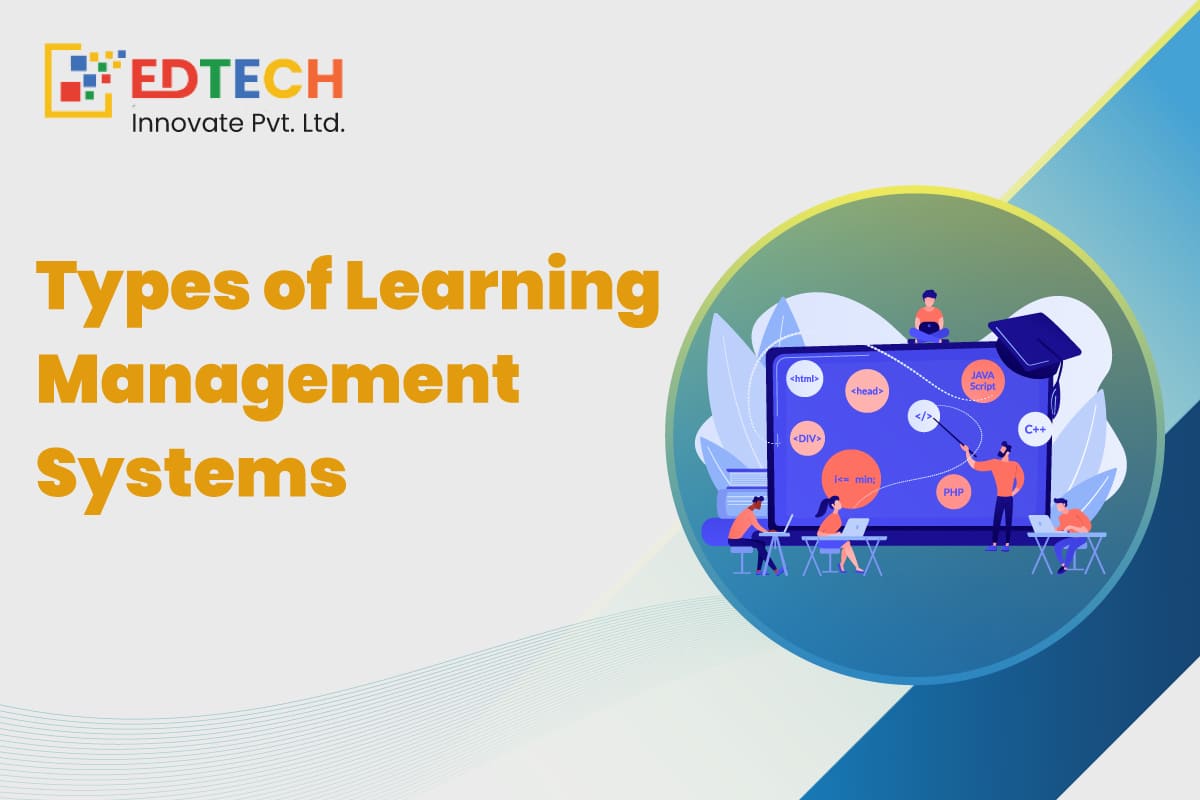Discover the best on...

If you are searching for a workday learning management system for your learning and training purpose in your organization/institution but are confused about which types of learning management system software would be best suited for your needs and requirements, then this blog is for you. In this blog, we will understand the different types of LMS and what are the differences between these software systems so that you can make well-informed decisions before employing LMS software in your institution/organization. First of all, let us discuss what exactly is a learning management system software and why you need it.
An automated workday Learning Management System software is a software tool that helps an institution create, upload, store, manage, deliver, collect, and track the specific content created for their students or employees. This LMS software is mainly used for learning and training purposes by providing essential resources to the targeted audience. For example, if an institution is organizing online courses for their students, then that institution needs to employ a learning management system software through which the course curriculum would be imparted to the students. This will facilitate the delivery of course resources such as syllabus, assignments, timetables, exam schedules, and information regarding various events and activities conducted by the institution to the students effectively and would save time and money for both the institution and the students. Apart from this, the institution would also have access to track the academic progress of their students which would help in providing personalized guidance and improve the overall educational experience for the students. Through the workday learning management system, students would be able to have efficient communication with their educators and the administration staff of the institution in case of any queries.
Also Read- Don't Just Manage, Win Customers: 8 Unforgettable CRM Examples
Now that you have understood the types of LMS, you can choose the right workday learning management system software that would fit your needs and would work effectively for your organization/institution. It must be noted that there are various factors such as the Training Goals and Objectives, User Needs and Preferences, Scalability and Flexibility, Integration Requirements, Content Management and Delivery, User Experience, Support, Security and Compliance, Reliability, Innovation, and pricing and subscription fee of the software before choosing the best LMS platforms for your organization. In conclusion, have an in-depth analysis of the example of LMS and its suitability in your organization/institution before selecting and implementing the best LMS platforms to boost the productivity and growth of your business and engagement.
LMS software greatly benefits educational institutions by providing essential features for the effective and efficient delivery of educational resources to students. Through LMS software, educational institutions can create, manage, publish, and deliver course materials for the students and track and analyze their performance for better personalized guidance to the students. Also, the facility of a multi-communication channel enables smooth communication between the users, and a feedback mechanism helps in innovation and engagement.
Some of the common challenges associated with Usecase of LMS while implemented by any educational institution are Resistance to Change, Lack of Technical Expertise, Integration with Existing Systems, Content Migration and Management, Data Security and Privacy, User Engagement and Motivation, and Accessibility and Inclusivity.
Various types of businesses can employ LMS software within their organization for the training and education of students/employees. Some of the businesses that generally install LMS software within their framework are Corporate Enterprises, Educational Institutions, Healthcare Organizations, Retail and Hospitality, Financial Services, and Government Agencies.
© Copyright 2024 All Rights reserved by Edtech Innovate Pvt Ltd